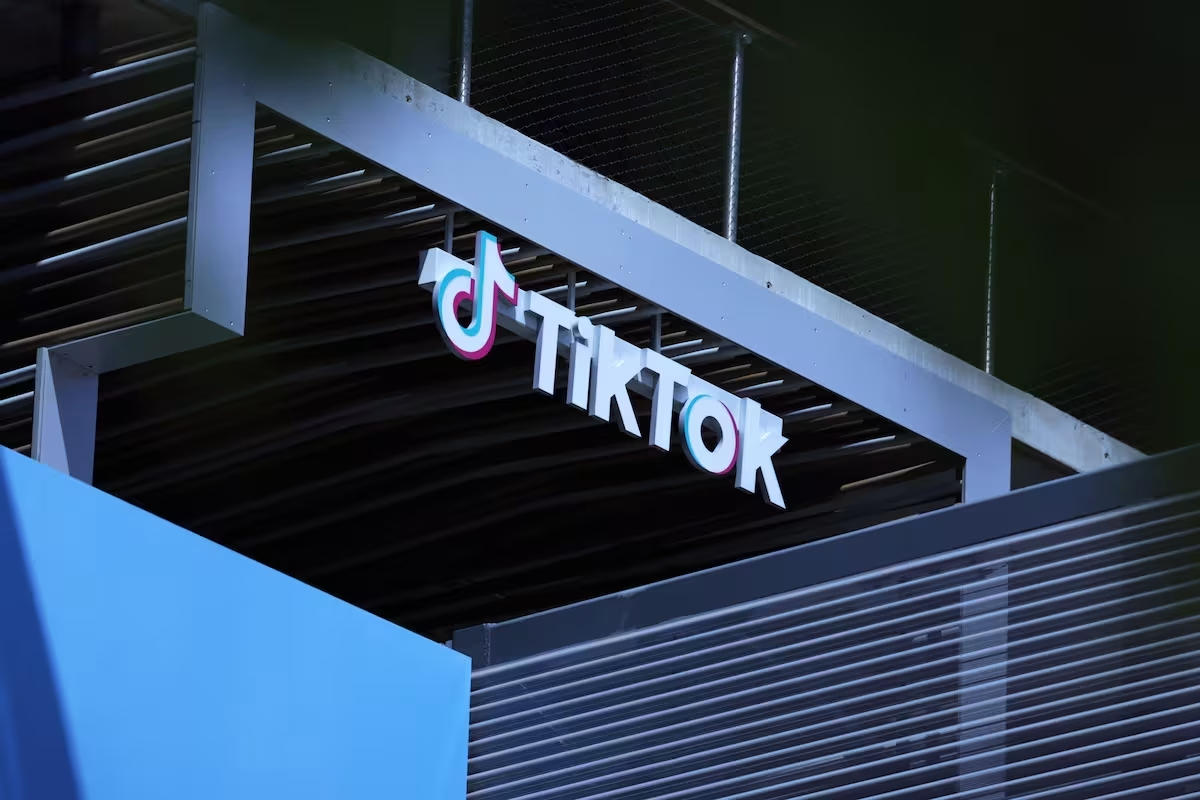TikTok's UK Revenue Skyrockets Amidst Digital Advertising Boom
Notably, TikTok's operations in the United Kingdom have seen a truly remarkable surge in revenue, solidifying its position as a major player in the fiercely competitive digital advertising and e-commerce landscape. Recent financial disclosures reveal a significant uptick, underscoring the platform's growing influence and its ability to monetize its massive user base in one of Europe's key markets. It's not just growth; it's an acceleration that catches the eye of even seasoned industry watchers.
According to the latest filings, TikTok's UK revenue has experienced a substantial year-on-year increase, driven largely by robust advertising spend and an expanding foray into e-commerce initiatives. This isn't a minor bump; we're talking about figures that demonstrate a strategic and successful pivot towards deeper commercial integration within the app. The numbers speak volumes about how effectively TikTok has captured the attention—and wallets—of UK consumers and advertisers alike.
The Headline Figures: A Snapshot of Growth
While specific, granular figures are often closely guarded, reports indicate that TikTok's UK revenue has climbed into the hundreds of millions of pounds, representing a multi-fold increase from previous periods. This growth isn't just organic user acquisition translating into ad views; it reflects sophisticated monetization strategies taking hold. Think about it: a platform that was once primarily a hub for short-form video entertainment is now a formidable commercial engine.
This impressive financial performance positions the UK as a critical growth engine for TikTok outside of its Asian markets. It's a testament to the platform's adaptability and its appeal across diverse demographics, from Gen Z trendsetters to older generations discovering its unique content ecosystem. And let's be honest, who hasn't scrolled through TikTok for a bit longer than they intended?
Driving Forces Behind the UK Market Success
So, what's fueling this impressive revenue surge? It's a multi-faceted answer, really, but several key areas stand out.
Advertising Dominance and Innovation
A significant portion of the revenue increase stems from TikTok's burgeoning advertising business. Brands, both large and small, are increasingly allocating substantial portions of their digital marketing budgets to the platform. Why? Because TikTok offers unparalleled engagement rates and a highly effective algorithm that connects products with interested users. Its ad formats, from in-feed videos to branded effects and hashtag challenges, are proving incredibly effective. We've seen countless campaigns go viral, translating directly into brand awareness and sales.
The platform's self-serve ad tools have also lowered the barrier to entry for smaller businesses, allowing them to tap into TikTok's vast audience. This democratization of advertising has broadened TikTok's client base considerably, contributing to a more diverse and resilient revenue stream. It's a smart play, isn't it? Giving everyone a piece of the pie means more pie for TikTok in the long run.
E-commerce Expansion: TikTok Shop's Impact
Another major contributor is the aggressive expansion of TikTok Shop in the UK. Launched with considerable fanfare, TikTok Shop integrates shopping directly into the app experience, allowing users to discover and purchase products without ever leaving the platform. This isn't just about ads; it's about transactional commerce. Live shopping events, affiliate marketing, and direct brand storefronts are all playing a crucial role.
The UK market, with its strong e-commerce adoption and a population eager for new shopping experiences, has proven fertile ground for TikTok Shop. It's a natural evolution for a platform built on discovery and trend-setting. If you see an influencer raving about a product, it's only a few taps away. This seamless integration of entertainment and commerce is a game-changer, fundamentally altering how consumers interact with brands and products.
Competitive Landscape and Strategic Implications
TikTok's robust performance in the UK isn't happening in a vacuum. It's a clear signal to competitors like Meta (Facebook, Instagram) and Google (YouTube) that the battle for digital ad spend and e-commerce dominance is intensifying.
Challenging Established Players
The growth indicates that TikTok is not just capturing new market share but actively siphoning advertising budgets from more established platforms. Advertisers are following the eyeballs, and right now, a significant number of those eyeballs are on TikTok. This competitive pressure forces other platforms to innovate, which, frankly, is a good thing for the industry as a whole. It keeps everyone on their toes.
For businesses, this means a more diverse set of options for reaching consumers. But it also means navigating a more complex digital marketing ecosystem. Understanding where your audience spends their time and how they prefer to engage is more critical than ever.
Future Outlook and Potential Headwinds
While the current trajectory is undeniably positive, TikTok isn't without its challenges. Regulatory scrutiny, particularly concerning data privacy and content moderation, remains a constant. The platform's ownership by ByteDance, a Chinese company, continues to be a geopolitical talking point, even in the UK. These external factors, though not directly impacting current revenue, could influence future growth.
However, for now, TikTok's strategic investments in local talent, content creators, and robust commercial tools seem to be paying off handsomely in the UK. The platform's ability to continuously evolve its offerings, from short-form video to live shopping, suggests it's well-positioned to sustain this momentum. What's next? More immersive shopping experiences? Deeper integration with local businesses? It's certainly something to watch.
The UK market's embrace of TikTok's commercial offerings serves as a powerful case study for its global ambitions. It demonstrates that with the right strategy and execution, a social media platform can quickly transform into a formidable economic force. And that, my friends, is a story worth telling.
